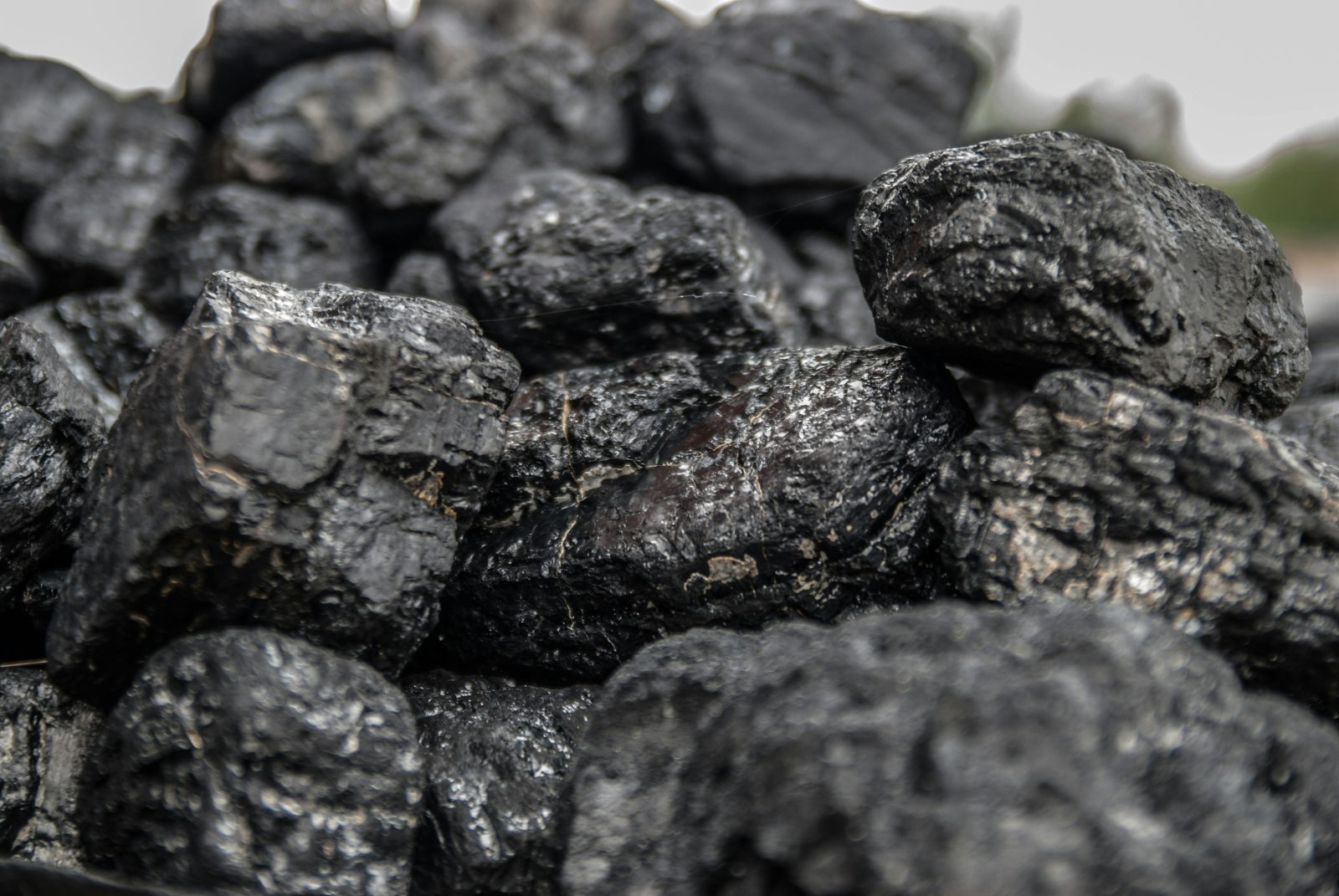In 2025, Colorado is moving forward with its plan to close all its coal-powered electrical plants. While coal still contributes a significant portion of the state’s energy, the shift is set to happen over the next six years, with all coal plants expected to be closed by 2031. This change comes as part of the state’s long-term strategy to transition to cleaner energy sources, but the process won’t be without challenges.
The Current Energy Landscape in Colorado
As of 2023, coal plants were responsible for producing about 32% of Colorado’s total electricity. This is a notable decrease from 68% in 2010, but it still shows that coal remains an important part of the state’s energy system. However, the state has already started moving away from coal in favor of renewable energy sources like wind, solar, and natural gas.
While coal-powered plants have contributed less in recent years, the state is now focused on completely phasing them out. Colorado’s Department of Labor and Energy reports that only 10 coal-fired power units remain operational. One of these units is scheduled to shut down by the end of 2025, and the others will close by 2031.
Why Is Colorado Phasing Out Coal?
There are several reasons why coal plants are being closed. Environmental concerns are at the top of the list. Coal is a significant source of carbon dioxide emissions, and reducing these emissions is critical for addressing climate change. Additionally, coal is a non-renewable resource, which means it’s not sustainable in the long run.
The state of Colorado is committed to its clean energy goals, which include reaching 100% clean electricity generation by 2040. The move away from coal is part of this broader push to reduce the state’s carbon footprint and improve air quality. The closure of coal plants will also help the state meet its decarbonization targets.
Challenges Ahead: Job Losses and Community Impact
While the move away from coal is seen as a necessary step toward a greener future, it also brings significant challenges, especially for workers and communities that depend on coal. The closure of these plants will result in job losses for many employees who work in coal-fired power plants. Currently, around 722 people are employed at these plants, and they may face difficulties transitioning to new industries.
To address these challenges, the state passed the Colorado Just Transition Action Plan in 2019. This plan aims to provide support for workers and communities impacted by the closure of coal plants. The plan includes initiatives to retrain workers, create new job opportunities, and invest in the local economies affected by the closures.
However, some critics argue that the transition could leave certain communities behind. The loss of coal jobs could be particularly challenging for areas where coal has been a major source of income and employment for decades. Finding alternative job opportunities in renewable energy or other industries will be essential for a smooth transition.
Environmental Concerns and Alternatives to Coal
While many environmental groups support the move to cleaner energy, some are concerned about what will replace coal. In many cases, coal plants are being replaced with natural gas plants, which also produce emissions, though less than coal. Environmental groups, such as the CoPIRG Foundation, argue that the state should focus on transitioning directly to 100% renewable energy sources, like wind and solar, rather than relying on natural gas.
Natural gas is still a fossil fuel, and some experts believe it could hinder progress toward fully decarbonizing the state’s energy system. Moving to renewable energy sources, on the other hand, would make Colorado’s energy grid more sustainable and cleaner in the long run.
Colorado’s Clean Energy Future
Colorado’s clean energy goals include reducing the state’s dependence on fossil fuels, improving energy efficiency, and creating new green jobs. The state aims to become a leader in renewable energy and innovative climate technologies, including wind and solar power, which have been growing rapidly in recent years.
Governor Jared Polis has expressed optimism about the transition. He believes that Colorado can lead the way in building a clean energy future that creates new job opportunities and reduces environmental impact. The state has already made significant progress in increasing its use of renewable energy, and it plans to continue this growth in the coming years.
A Look Ahead
Colorado’s journey away from coal to clean energy is ambitious, but it comes with significant hurdles. Workers, communities, and policymakers must work together to ensure a fair and smooth transition to renewable energy. While coal may be on its way out, the path to a greener, more sustainable energy future for Colorado is just beginning.
(Source : kiowacountypress.net)













Leave a Reply